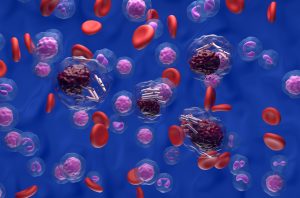
Chronic Lymphocytic Leukemia: 2 RCCA Oncologists Outline Advances Increasing Survival, Quality of Life
Several newer types of therapy have transformed the treatment of chronic lymphocytic leukemia (CLL) in recent years, increasing survival and enhancing quality of life while reducing










